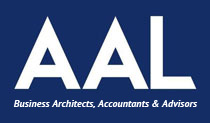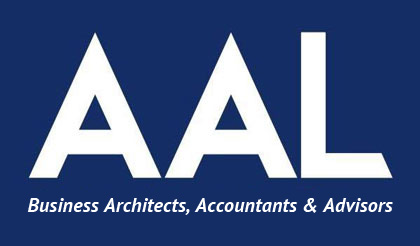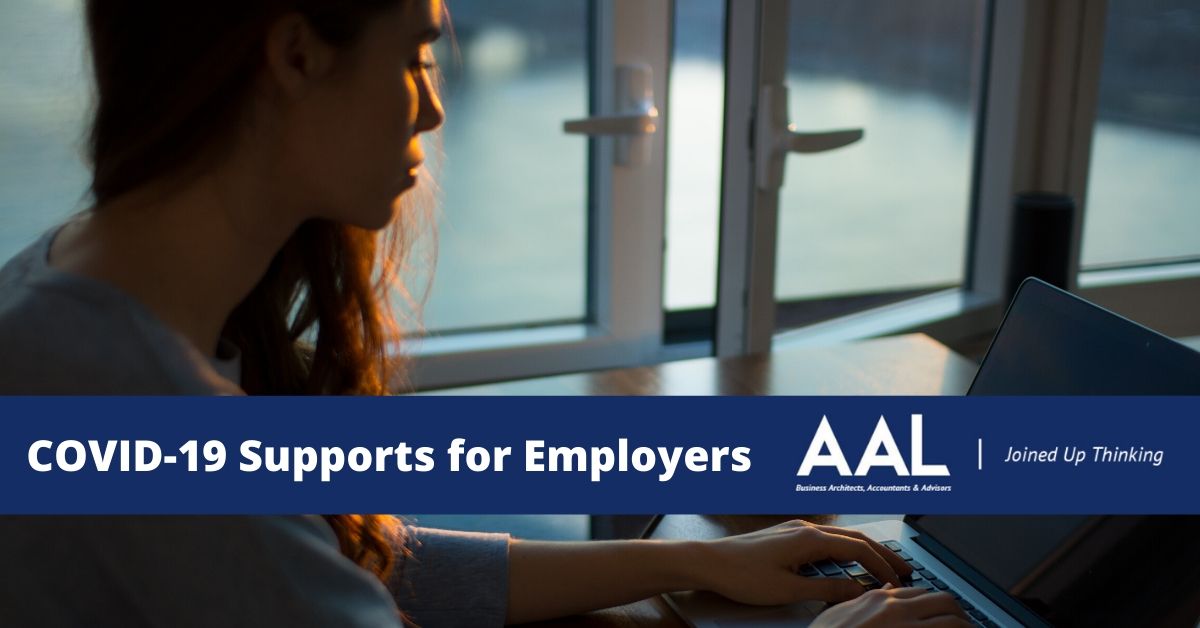The unprecedented health emergency that is Covid-19 has brought about decisive actions from governments around the world. In Ireland, a number of schemes have been introduced to assist employers and the self-employed. We look at the details of those schemes in this article.
This is a difficult time for company owners and self-employed business people. AAL can assist in providing clarity on what you can do and what supports are available at this time. Feel free to call us at any time on 052 61 37775.
We have written several articles on this issue that will be of relevance to employers and small business owners.
The March 20th update looks at supports from banks and state agencies like Enterprise Ireland. You can read that here.
Our March 13th update, entitled, ‘Covid-19 and What Your Business Can Do’ looks at what you can do to turn your business around after the shock of the global pandemic. You can read that article here.
The announcements yesterday, March 24th, by the Irish government are detailed in the article below.
The Covid-19 Wage Subsidy Scheme
Ensure you Qualify for the Scheme
To qualify for the scheme, employers must
- be experiencing significant negative economic disruption due to Covid-19
- be able to demonstrate, to the satisfaction of Revenue, a minimum of a 25% decline in turnover
- be unable to pay normal wages and normal outgoings fully
- retain their employees on the payroll.
The Scheme is confined to employees who were on the employer’s payroll as at 29 February 2020, and for whom a payroll submission has already been made to Revenue in the period from 1 February 2020 to 15 March 2020.
The names of all employers operating this scheme will be published on Revenue’s website in due course, after the scheme has expired.
UPDATE 15th April, 2020 – The wage subsidy scheme has been updated since this article was first published. Minister Donohoe today announced further changes to the Scheme which apply to those earning less than €500 per week (approx. €31,000) as well as those earning in excess of €586 per week (€38,000). You can read about those changes by clicking here.
Registering for the Temporary Wage Subsidy Scheme
Any employer, already registered for the purposes of the Employer COVID-19 Refund Scheme, not required to take any further action. The employer may make payroll submissions from 26 March 2020 under the subsidy scheme arrangements on the same basis as they were doing for the Employer Refund Scheme, and €410 will be refunded in respect of each eligible employee per week.
Operating the scheme from Thursday 26 March 2020
The employer runs the payroll as normal following the guidelines to note
Income tax, USC, LPT, if applicable, and PRSI are not deducted from the Temporary Wage Subsidy.
Refund of Income Tax or USC as a result
In many cases the payment of the Temporary Wage Subsidy and any additional income paid by the employer will result in the refund of Income Tax or USC already paid by the employee. Any Income Tax and USC refunds that arise as a result of the application of tax credits and rate bands can be repaid by the employer and Revenue will also refund this amount to the employer
Employers must not operate this scheme for any employee who is making a claim for duplicate support (e.g. Pandemic Unemployment Payment) from the DEASP.
Based on the information provided in payroll submissions and adherence to the maximum limits, described above, Revenue will credit employers with the temporary wage subsidy paid to each employee.
Contact us at any stage if you would like us to assist you at this time. You can call us on 052 61 37775 or complete the form below.
We have written a number of articles on the issue that might be of benefit. You can read them here and here.
Covid-19 Resources from AAL
Covid-19 & Your Business: What To Do
The Covid-19 outbreak is first and foremost a human tragedy, affecting hundreds of thousands of people. It is also having a growing impact on the global economy.
As the outbreak continues to spread, businesses are preparing for possible impacts on their operations.
Read the article by clicking here.
It’s Time To Start Thinking Differently
In times of disruption or crisis, novel circumstances abound. Understanding the contours of what is happening and what is most likely to happen next can be the difficult piece, especially if you are a traditional thinker.




